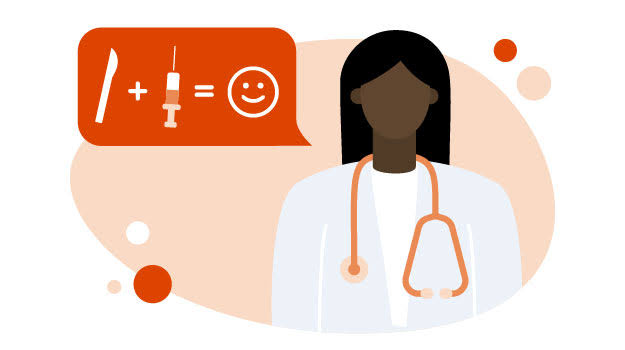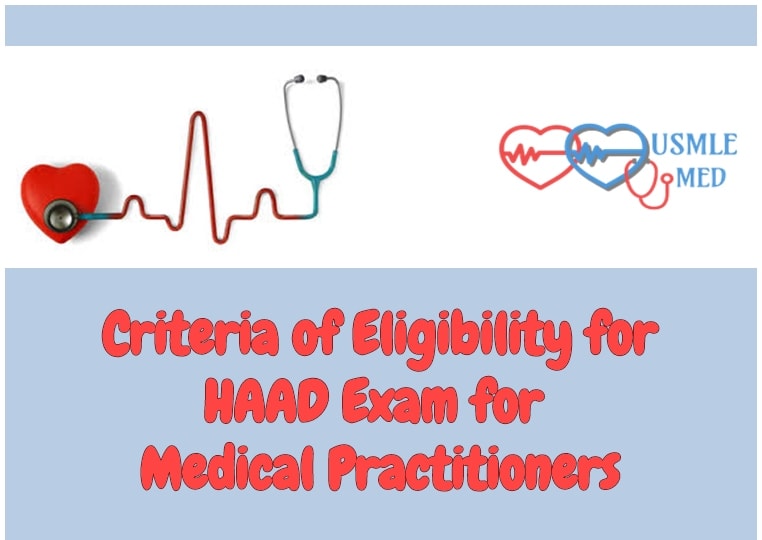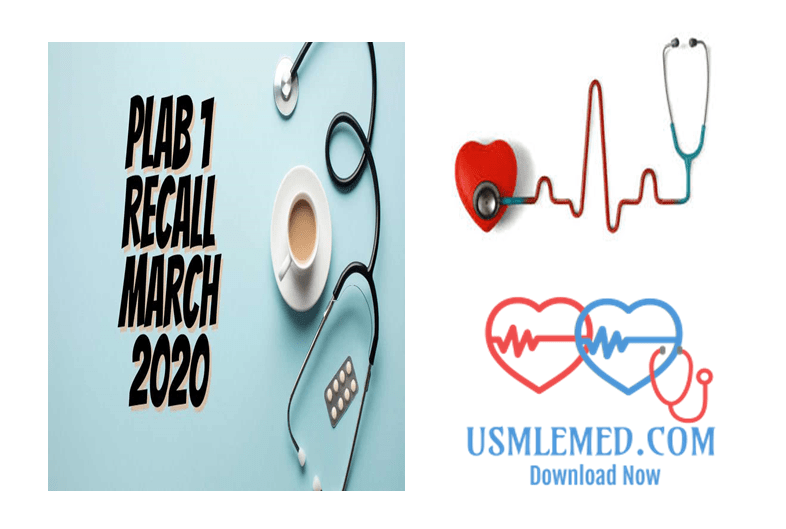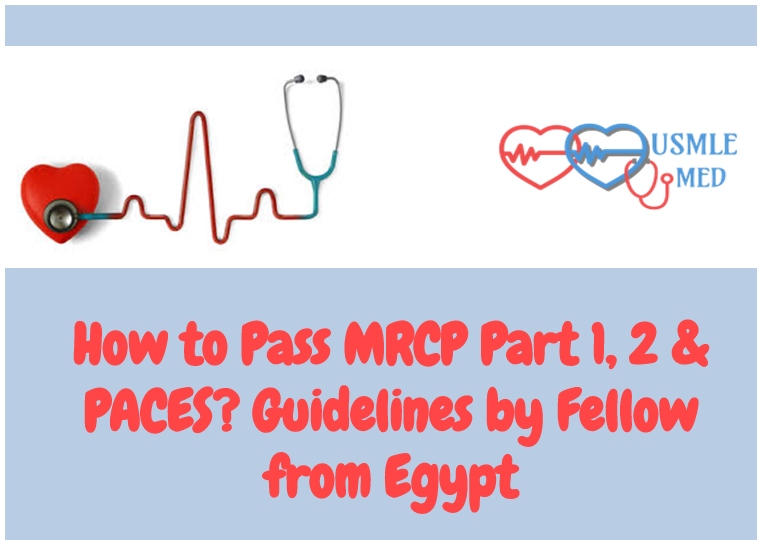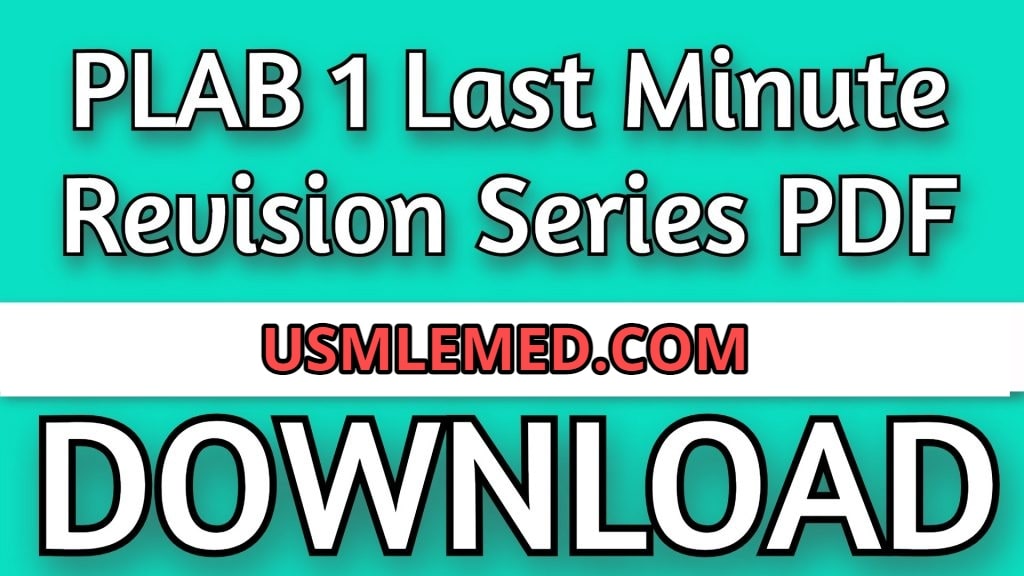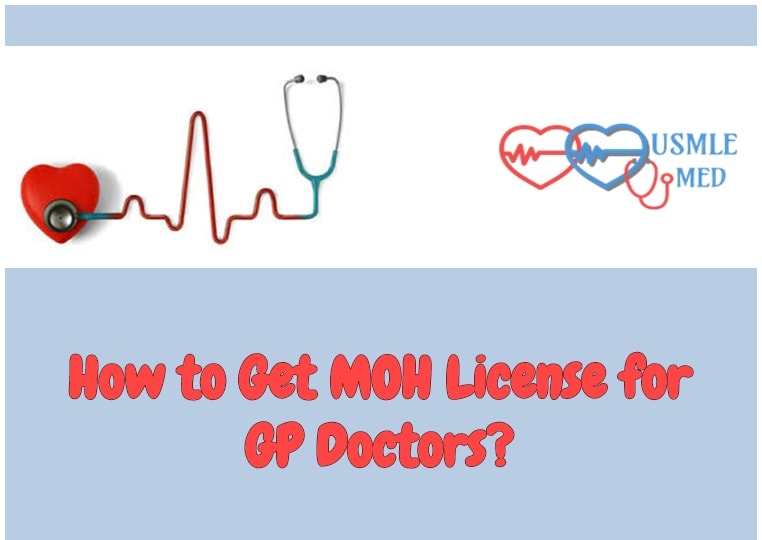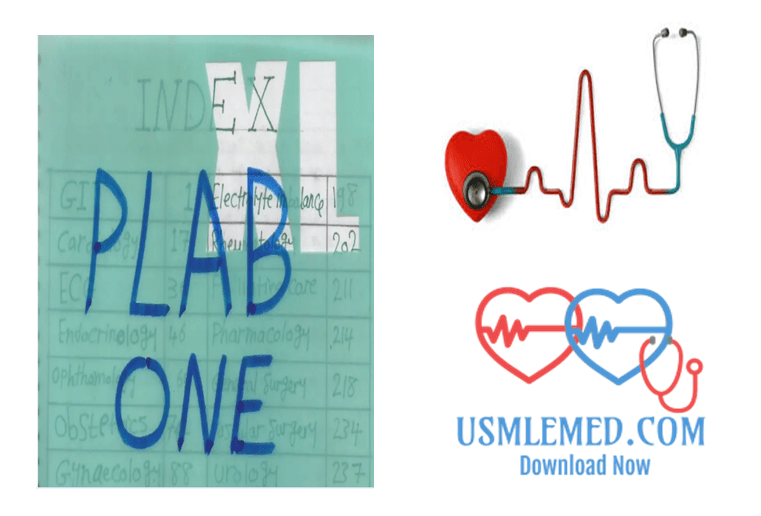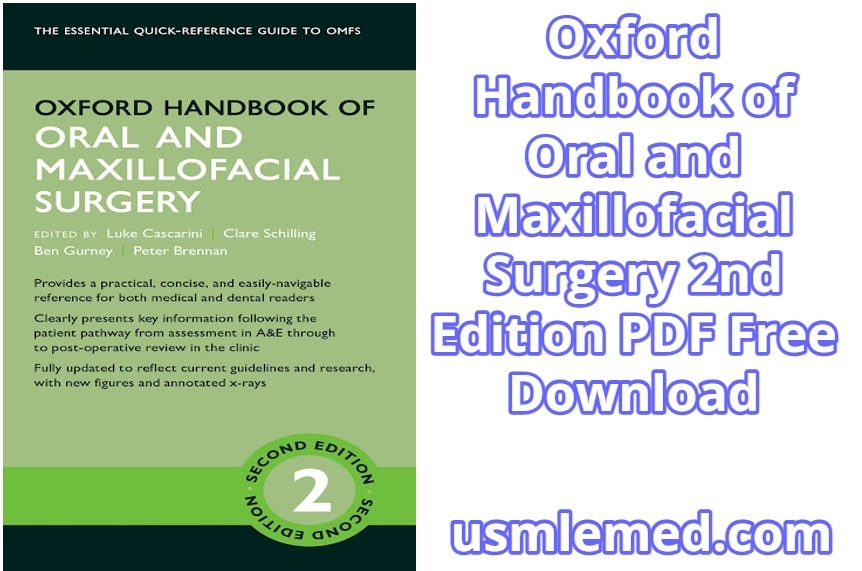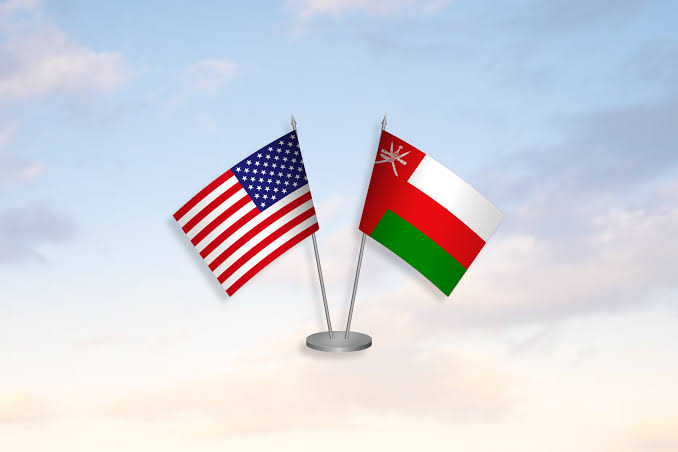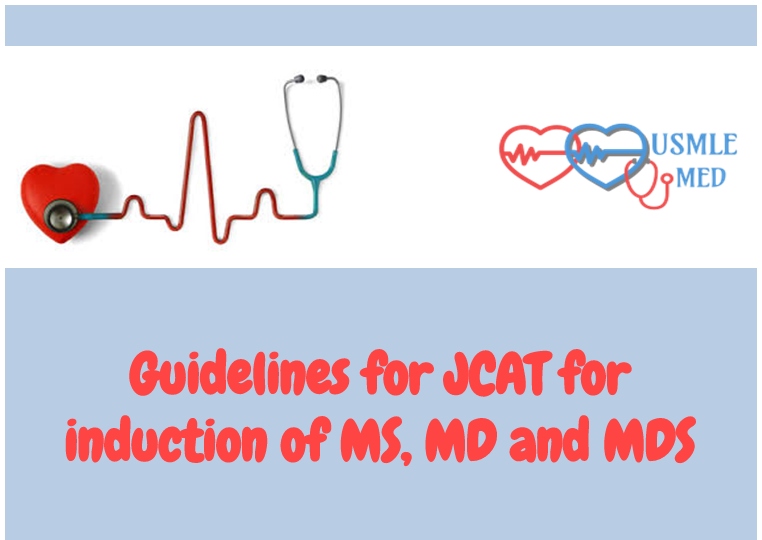Your Journey to MRCS (India and Pakistan)
MRCS is a membership exam that will lead you to GMC and license to practice in the NHS You don’t need PLAB . After MRCS you can work as a registrar in surgery or can apply for( ST3) speciality training directly.
Its an intercollegiate exam, all 4 Royal colleges are same, choose place which you think is easy for you to travel and economical. For surgical residents best time is around IMM, especially for OSCE as more it gets late more effort will be required for knowledge part to memorize each muscle of anatomy, its origin and insertion etc.
No surgical experience is required to take MRCS. However it does help in exam. One can take this exam straight away after house job, but more study time and effort will be needed.
Should those who are NOT in training go for MRCS ?
Yes definitely.
It can be learnt with practice, I know many who did Mrcs after housejob, and surgical skills in exams is basic, like suturing, knot tieing, catheterization, chest tube and excision of nevus etc, very basic.
Many find difficulty in communication especially counselling and in history taking due to language barrier, that simply needs practice.
How to prepare for exam:
Part A: study duration of around 4 – 5 months is required, there are 300 mcqs, that are divided into 2 papers, basics sciences(anatomy, physiology, pathology)180 questions and principal of surgery in general (posg)120 questions.
Study material required :
Basic sciences of MRCS (Raftery) just a quick read.
Essential review notes( pasttest)
EMRCS, online subscription is required. Practice these with explanation at least 3 times.
Fouzia sheet, set of 450 questions, very important.
Recalls: All past exams, again very important.
Tip for Part A, practice mcqs more and more don’t miss a single question from recalls.
MRCS Part B (OSCE)
It has 3 parts
Knowledge (anatomy, pathology, critical care)
Communication (history, examinations, counselling)
Skills (Surgical skills)
Prepration time 3 to 4 months.
Study material is available online for part B OSCE. Many groups and online academies have notes, all are same.
Notes for knowledge part(any resource)
Bazeed notes for histories and communication
Geeeky medics Videos of examination on YouTube
Knowledge and communication skills are equally important.
Study partner is must, and do join group of people and practice with them twice weekly atleast.
If possible do hands on practice in last days for procedural skills and examination.
Start from knowledge first, go through all syllabus in one month. Then start practicing communication, histories and examinations daily ,but keep revising knowledge part as well daily.
And if you want you can join some groups that are actually teaching these courses online.
Best wishes By Dr. Sidra Javed
